As technology continues to transform our world, the role of coders and programmers has become increasingly important. From developing new apps and software to creating cutting-edge solutions for complex challenges, coders have the power to shape the way we live, work, and interact with each other. But what if coders could use their skills to do more than just create cool products? What if they could use their talents to make a positive social impact? In this article, we explore the concept of “coding for good” and how it can be a powerful tool for creating a more equitable and sustainable world. We discuss the different ways that coding can make a social impact, the benefits of motivating coders to engage in social impact work, and the strategies that can be used to inspire and empower coders to use their skills for good.

Coding for Good: How Technology Can Make a Positive Impact on Society
Coding has come a long way from being just a tool to build software applications and websites. It has now become a powerful tool for social change and making a positive impact on society. Coding for good is the practice of using programming skills and technology to solve real-world problems and make the world a better place.
In recent years, there has been a surge in the number of coding initiatives and organizations that are focused on creating social impact. From providing free coding classes to underprivileged communities to developing innovative solutions for pressing global issues, coders are using their skills to create a positive impact on society.
One of the most popular ways that coders are using their skills for good is by developing open-source software. Open-source software is software that is freely available to the public and can be modified and distributed by anyone. This allows people to collaborate on projects and create software that can be used to solve real-world problems.
For example, the Open Data Kit (ODK) is an open-source platform for collecting and managing data in challenging environments. It has been used in healthcare, education, and disaster response initiatives around the world. Another example is Ushahidi, an open-source platform for collecting, visualizing, and mapping data. It has been used to track election violence in Kenya, monitor the aftermath of the Haiti earthquake, and support disaster relief efforts around the world.

Another way that coders are using their skills for good is by volunteering their time and expertise to non-profit organizations. Many non-profit organizations are understaffed and underfunded, making it difficult for them to implement technology solutions that can help them achieve their goals. By volunteering their skills, coders can help these organizations develop and implement technology solutions that can make a significant impact.
For example, the non-profit organization Code for America partners with local governments to create technology solutions that improve access to government services. By working with city governments, Code for America has created apps and tools that have helped people apply for food assistance, find affordable housing, and access healthcare.
In addition to open-source software and volunteering, coders are also using their skills to create innovative solutions to pressing global issues. For example, some coders are using artificial intelligence and machine learning to analyze data and identify patterns that can help solve complex social problems. Others are using blockchain technology to create secure and transparent systems for tracking supply chains and ensuring that products are ethically sourced.
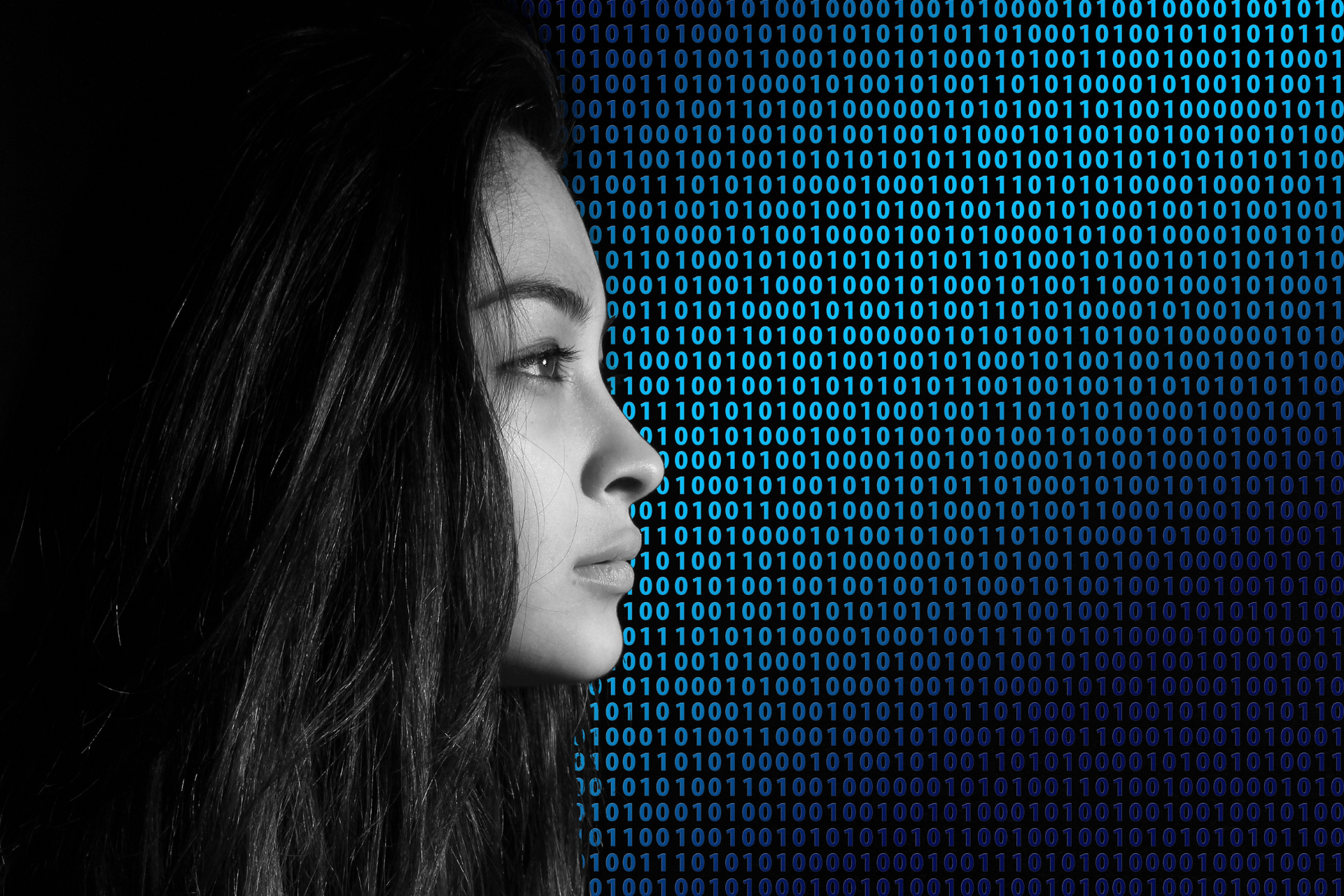
There are many coding initiatives and organizations that are focused on creating social impact. Here are a few examples:
- Girls Who Code: A non-profit organization that provides free coding classes to girls in underserved communities. This organization aims to close the gender gap in tech by providing computer science education and resources to girls in K-12 schools.
- Black Girls CODE: A non-profit organization that provides coding classes and workshops to young girls of color. This organization aims to empower and inspire young girls of color to pursue careers in tech by providing coding workshops and other STEM-related programs.
- Code.org: An organization that provides free coding classes and resources to students and teachers around the world. This nonprofit organization aims to provide computer science education to students in K-12 schools to promote greater diversity and equity in the tech industry.
- TechSoup: TechSoup provides technology resources and services to nonprofit organizations to help them better achieve their social missions.
- Code for America: This nonprofit organization brings together coders, designers, and other tech professionals to create digital solutions for government and civic problems.
- DataKind: This global nonprofit organization brings together data scientists and social organizations to solve some of the world’s most pressing social challenges.
- Digital Promise: Digital Promise is a nonprofit organization that promotes innovation in education by providing resources and support for ed tech startups, educators, and researchers.
- DemocracyLab: DemocracyLab connects volunteers with social organizations to help them build technology solutions for social good.
- Code to Inspire: Code to Inspire is a nonprofit organization that provides coding education and resources to women and girls in Afghanistan to promote greater economic and social empowerment.
- The Last Mile: The Last Mile provides technology and entrepreneurship training to incarcerated individuals to help them prepare for successful reentry into society.
In conclusion, coding for good is a powerful way to use technology to create positive social change. Whether it’s developing open-source software, volunteering skills to non-profit organizations, or creating innovative solutions to global issues, coders have the power to make a significant impact on society. By using their skills for good, coders can help create a better world for everyone.
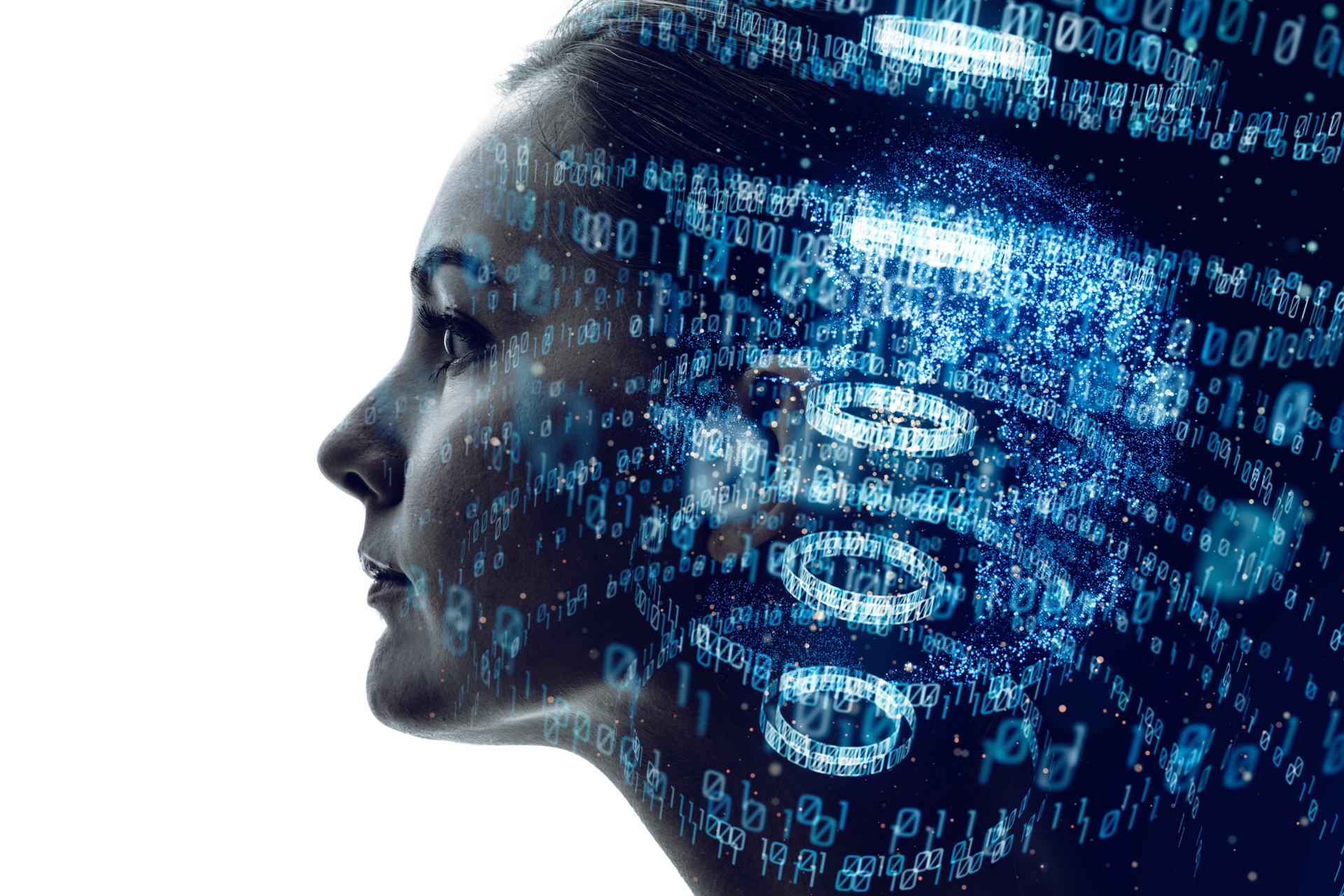
How Can Coding for Good Make a Social Impact
- Improving access to education: Code for Good can help make education more accessible and equitable by developing applications and tools that can be used to support distance learning, provide educational resources to students in underserved communities, and improve the quality of education.
- Supporting healthcare: Code for Good can help improve healthcare outcomes by developing applications that can be used to monitor and manage health conditions, track the spread of diseases, and support healthcare professionals.
- Creating sustainable solutions: Code for Good can help create sustainable solutions to environmental challenges by developing applications that can be used to track and monitor carbon emissions, reduce waste, and promote sustainable practices.
- Increasing civic engagement: Code for Good can help increase civic engagement by developing applications that can be used to connect citizens with government services, improve government transparency, and promote democratic participation.
- Empowering underrepresented communities: Code for Good can help empower underrepresented communities by developing applications that can be used to promote diversity and inclusion, support economic mobility, and combat social inequalities.
- Supporting disaster relief efforts: Code for Good can help support disaster relief efforts by developing applications that can be used to track and monitor natural disasters, connect disaster victims with resources, and coordinate rescue efforts.
- Supporting non-profit organizations: Code for Good can help support non-profit organizations by developing applications that can be used to manage donations, track and report on impact, and streamline operations.
In summary, Code for Good can make a social impact by improving access to education, supporting healthcare, creating sustainable solutions, increasing civic engagement, empowering underrepresented communities, supporting disaster relief efforts, and supporting non-profit organizations. By using technology and coding skills to address social challenges, we can create a more equitable and sustainable world for all.

How We Can Motivate Coders to Make a Social Impact
- Provide opportunities for learning and growth: Coders are motivated by opportunities to learn new skills and technologies. By offering training, workshops, and mentorship programs focused on social impact, you can attract and retain coders who are interested in making a difference.
- Recognize their contributions: Recognition is a powerful motivator. By acknowledging and celebrating the contributions of coders who make a social impact, you can create a sense of pride and ownership that motivates them to continue doing good work.
- Connect them to meaningful causes: Coders are more likely to be motivated to make a social impact if they are connected to causes that align with their values and interests. By creating opportunities for them to work on projects that have a real-world impact and are aligned with their passions, you can inspire and motivate them to do their best work.
- Foster a culture of collaboration: Coders are often motivated by opportunities to work with others and collaborate on meaningful projects. By creating a culture of collaboration, you can build a sense of community and camaraderie that motivates them to work towards a common goal.
- Provide access to resources: Coders need access to tools, resources, and data to make a social impact. By providing them with the resources they need to do their work, you can remove barriers and enable them to focus on creating solutions to social challenges.
- Celebrate impact: Celebrating impact is an important way to motivate coders to make a social impact. By sharing success stories, showcasing the impact of their work, and celebrating the achievements of your team, you can create a sense of purpose and meaning that motivates them to continue making a difference.
In conclusion, motivating coders to make a social impact requires a combination of strategies that address their needs, interests, and values. By providing opportunities for learning and growth, recognizing their contributions, connecting them to meaningful causes, fostering a culture of collaboration, providing access to resources, and celebrating impact, you can inspire and motivate coders to make a positive impact on society.

How to Connect the SDGs with Coding for Good
Connecting the SDGs (Sustainable Development Goals) with “Coding for Good” can be a powerful way to drive social impact and build a more equitable and sustainable future. Here are some ways to connect the SDGs with coding for good:
- Identify which SDGs align with your social impact goals: The SDGs cover a wide range of social and environmental issues, from poverty and hunger to climate action and gender equality. Identifying which SDGs align with your social impact goals can help you focus your coding efforts and measure your impact.
- Use the SDGs as a framework for your coding projects: The SDGs provide a framework for addressing global challenges and can help you prioritize and plan your coding projects. For example, if you’re interested in promoting sustainable cities and communities, you could develop an app that encourages sustainable transportation or helps users reduce their carbon footprint.
- Collaborate with organizations that are working on SDG-related issues: There are many organizations that are working on SDG-related issues, from local nonprofits to international NGOs. Collaborating with these organizations can help you understand the specific needs and challenges of the communities you’re serving and ensure that your coding projects are impactful and effective.
- Measure and communicate the impact of your coding projects: Measuring the impact of your coding projects can help you understand how well you’re achieving your social impact goals and identify areas for improvement. Communicating the impact of your coding projects can also help raise awareness about the SDGs and inspire others to get involved in coding for good.
By connecting the SDGs with “Coding for Good,” we can create a more sustainable and equitable world, where technology is used to address social and environmental challenges and promote greater social responsibility.
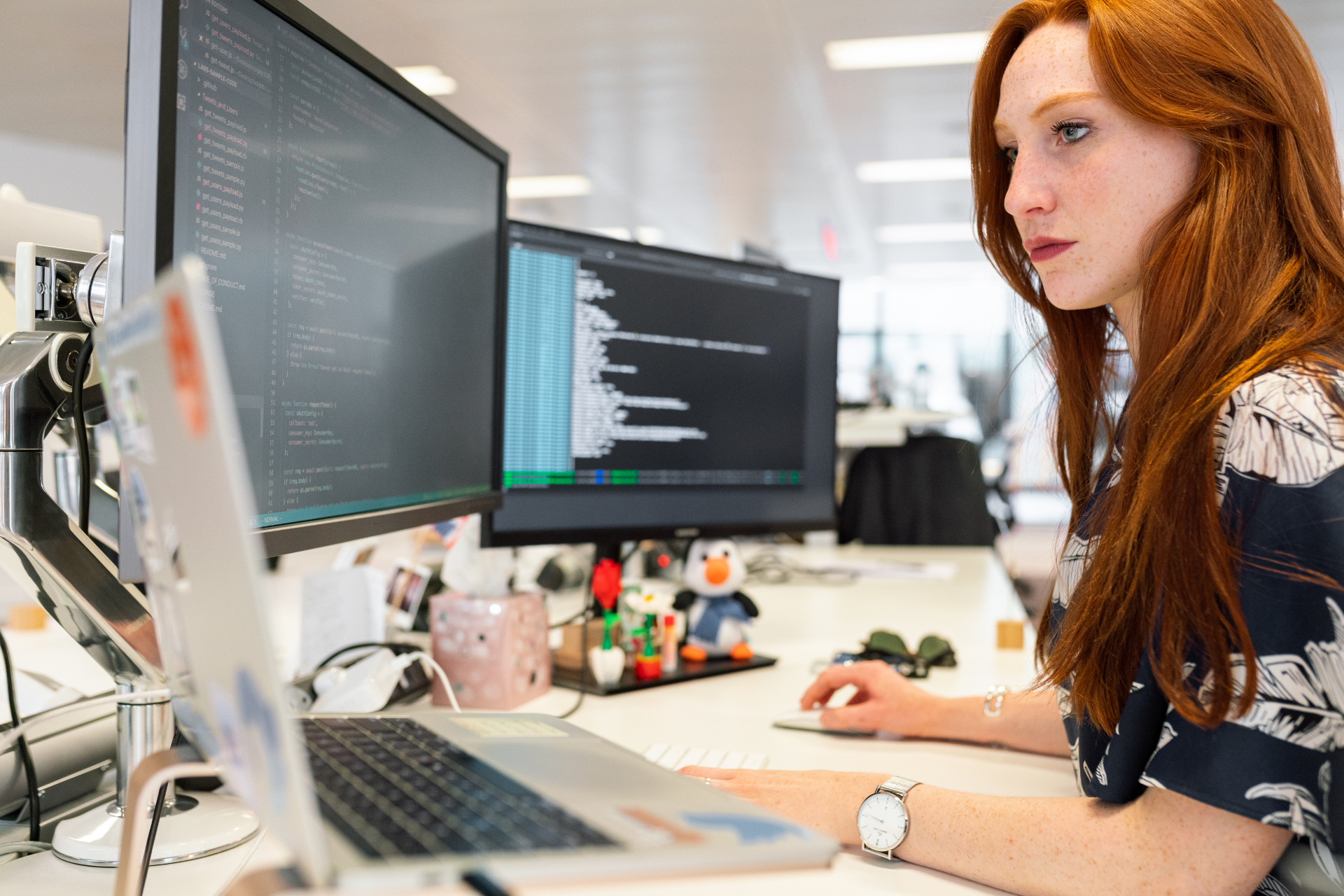
There are several SDGs that are relevant to “coding for good.” Here are some examples:
- SDG 4: Quality Education: By providing coding education and resources to underserved communities, we can help promote access to quality education and improve digital literacy skills.
- SDG 5: Gender Equality: By promoting diversity and inclusivity in the tech industry and providing coding education and resources to women and girls, we can help promote greater gender equality in the workforce.
- SDG 8: Decent Work and Economic Growth: By promoting the development of tech startups and social enterprises, we can help create new job opportunities and promote economic growth.
- SDG 9: Industry, Innovation and Infrastructure: By developing innovative tech solutions and promoting the growth of the tech industry, we can help promote sustainable industrialization and innovation.
- SDG 11: Sustainable Cities and Communities: By developing tech solutions that promote sustainability and resilience in urban areas, we can help promote the development of sustainable cities and communities.
- SDG 13: Climate Action: By developing tech solutions that help reduce greenhouse gas emissions and promote sustainable practices, we can help address the urgent challenge of climate change.
- SDG 16: Peace, Justice and Strong Institutions: By promoting greater transparency and accountability in government and civic organizations through the use of technology, we can help promote stronger institutions and greater social justice.
By connecting “coding for good” with relevant SDGs, we can help promote greater alignment between technology and social impact, and help drive progress towards a more sustainable and equitable world.

Ideas for Further Reading
Here are some books on the topic of coding for good:
- “Doing Good with Technologies: Taking Responsibility for the Social Role of Emerging Technologies” by Katinka Waelbers
- “The Social Entrepreneur’s Playbook, Expanded Edition: Pressure Test, Plan, Launch and Scale Your Social Enterprise” by Ian C. MacMillan and James D. Thompson
- “Creating Good Work: The World’s Leading Social Entrepreneurs Show How to Build a Healthy Economy” by Ron Schultz
- “Coding as a Playground: Programming and Computational Thinking in the Early Childhood Classroom” by Marina Umaschi Bers
- “Technology and Social Inclusion: Rethinking the Digital Divide” by Mark Warschauer
These books provide insights and inspiration for coders who want to use their skills for social impact and make a positive change in the world.
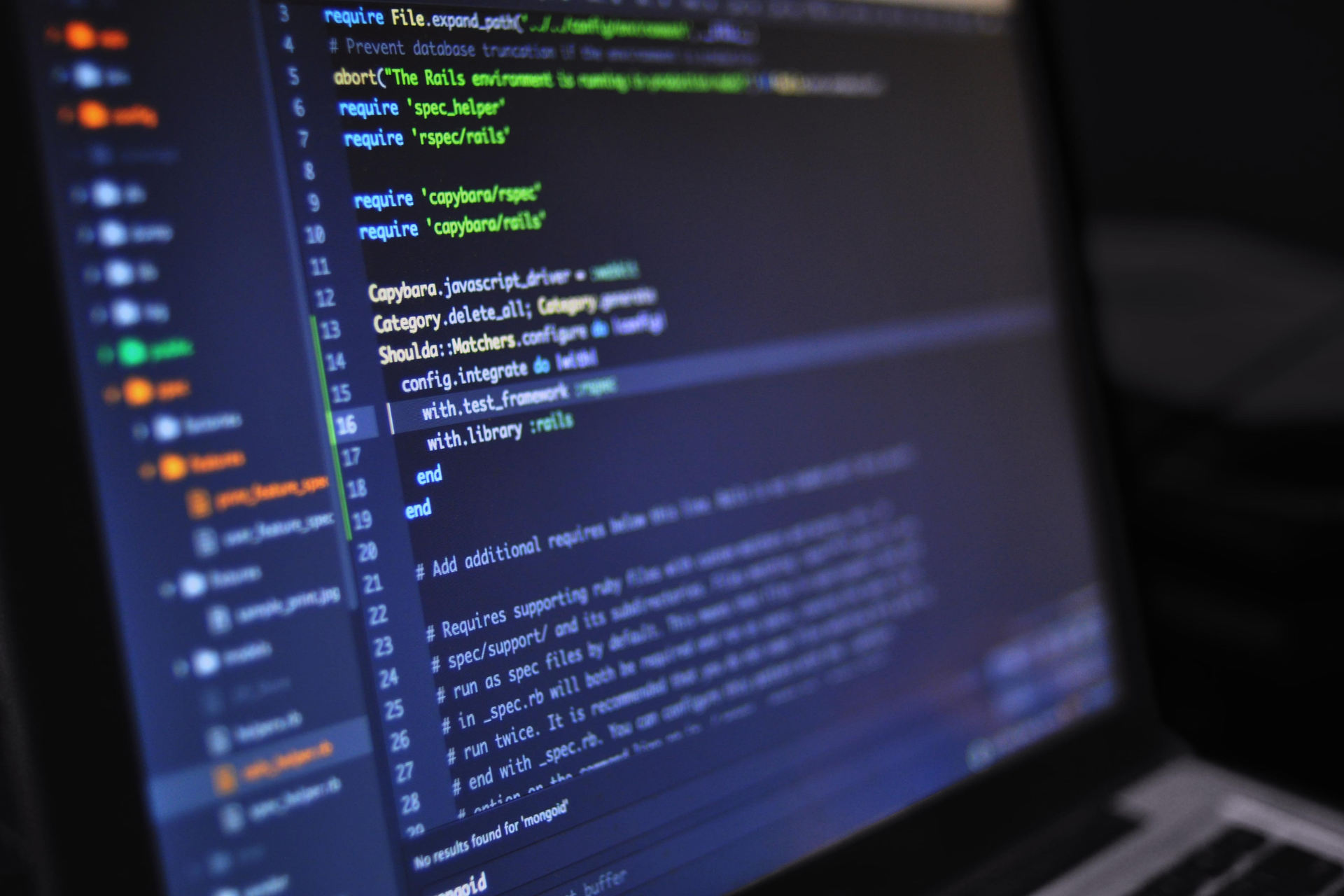
Conclusion
In conclusion, “coding for good” has the potential to be a powerful force for social impact, enabling coders to use their skills and knowledge to make a positive change in the world. From developing software solutions for nonprofits and social enterprises to creating apps that promote sustainability and inclusivity, there are many ways that coders can contribute to building a more equitable and sustainable future.
Motivating coders to engage in social impact work is crucial for realizing this potential, and there are many strategies that can be used to inspire and empower coders to use their skills for good. These include providing opportunities for training and learning, connecting them with social impact organizations and networks, and highlighting the importance of social responsibility in the tech industry.
By embracing “coding for good” as a concept and a practice, we can create a world where technology is not just about innovation and efficiency, but also about social responsibility and impact. Whether you’re a seasoned programmer or just starting out, there are many ways to get involved in coding for good and make a difference in your community and beyond.


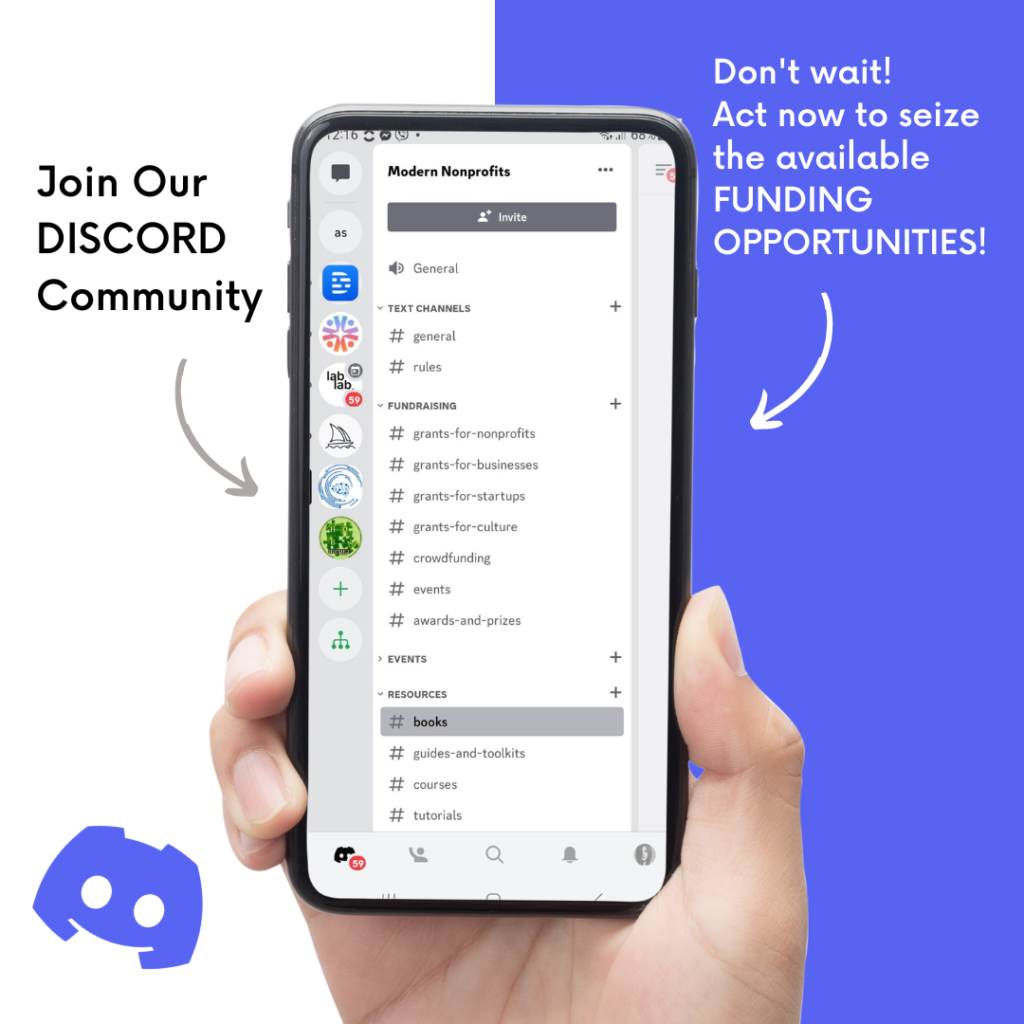
I never considered how coders can make a positive social impact through their work. Thank you for your insights on how technology can be used to create innovative solutions for social issues and how coders can use their skills to contribute to these efforts.
The case studies you shared are very inspiring and refreshing to see that techno logo is reflected in a good light for a change.
I often wondered how complicated it might be to code to come up with software just like what business owners and online entrepreneurs use to grow and scale their businesses. As a result, I became interested in coding thinking it will come in handy in the future should I decide to quit my job. It never occurred to me that coding would become a powerful tool that can be used to make a positive impact on society.
I am currently part of a non-profit organization in our community and what better way for me to help than using the coding skills I learned to come up with solutions to the problems we are encountering?
I just wished I came to know of these coding organizations that provide free coding classes. I could have used the money I spent learning how to code for something beneficial to our community. Anyway, now that I have the skills, I can use them to provide services to other non-profit organizations.
The article “Coding for Good: How Coders Can Make a Positive Social Impact” highlights the importance of using technology to create positive change in society. With the increasing role of technology in our daily lives, it’s crucial to leverage these advancements for social good. The article provides several examples of how coders can contribute to social impact, such as developing apps to promote mental health or creating software to improve accessibility for people with disabilities. However, it’s important to note that while technology can be a powerful tool for social good, it’s not a panacea. We must also address systemic issues and work towards equitable solutions. Overall, the article encourages coders to use their skills for positive change and demonstrates the potential impact technology can have on social issues.
Hello, great post. I just want to complement you with my experience from my country Macedonia. In our country, we have been struggling with polluted air for many years. A few years ago, a young guy promoted an application AirCare that connects measuring stations in the country and shows us the air quality in the selected location. This is the beginning of the fight against air pollution, by identifying the location where the pollution is coming from.
Thanks.